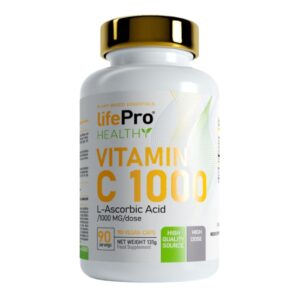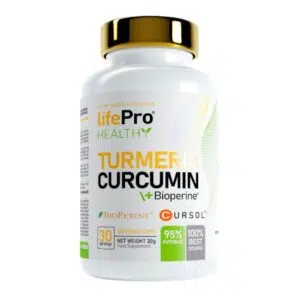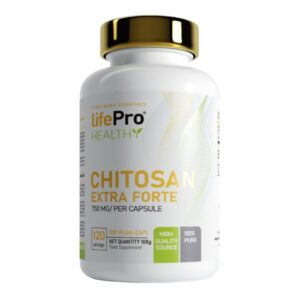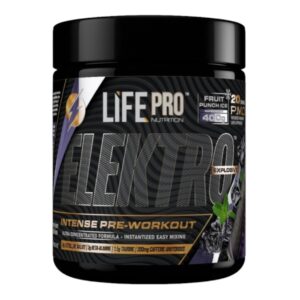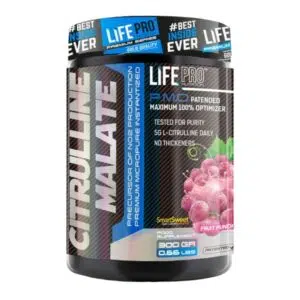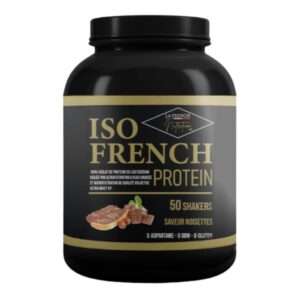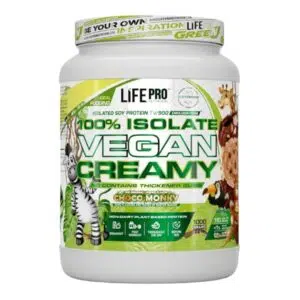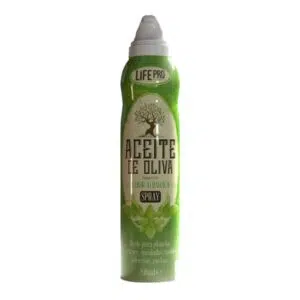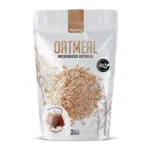In the world of bodybuilding, creatine is a particularly popular dietary supplement. Used to enhance physical performance and promote muscle mass gain, creatine often raises questions about its use. When should creatine be taken for best results? Here are some answers.
Why take creatine?

Before discussing the ideal time to consume creatine, it's worth briefly recalling why it's so sought-after in the world of bodybuilding. Creatine is an amino acid naturally present in our bodies, particularly in our muscles. It helps provide the energy needed for muscle contractions, and also plays a crucial role in protein synthesis.
Performance enhancement
As a dietary supplement, creatine considerably increases the phosphocreatine stock in muscle cells. This improves performance during short, intense workouts. Numerous studies have demonstrated the efficacy of creatine intake in increasing muscle strength and power by 5-15% in most individuals.
Muscle recovery and growth
A creatine cure not only improves performance during exercise, but also post-exercise recovery . In fact, it helps replenish energy stores and accelerates the repair of fibers damaged during bodybuilding sessions. This helps support muscle growth.
Creatine intake: when is the best time?
There are many theories about the ideal time to take creatine. Opinions sometimes differ, but three options seem to stand out:
- Before the workout;
- After training;
- During training;
- Spread throughout the day.
Taking creatine before training
Some people believe that consuming creatine just before their bodybuilding session maximizes their energy levels and therefore improves their performance during exercise. However, it should be noted that creatine reserves in the muscles are generally limited enough to last over a relatively short period.
So, while taking creatine does indeed give an energy boost, it doesn't necessarily mean that it will ultimately be used during training. The beneficial effects generally vary according to the type of exercise practised and the fitness level of each individual.
During training
Creatine can also be consumed during training to maintain a constant concentration in the blood and guarantee the intake needed to fuel the muscles throughout the session.
Taking creatine after training
Other bodybuilders prefer to take their creatine dose after their workout. The idea behind this approach is that muscles are more receptive to creatine when they have been used during intense physical activity. In this way, creatine is better assimilated by the body, helping to speed up post-workout muscle recovery.
Spread creatine intake over the day
Finally, some athletes opt for an even distribution of their creatine intake throughout the day. This "maintenance" method ensures a constant and regular supply of creatine, guaranteeing optimized energy levels in all circumstances.
Should I take creatine every day?
The answer to this question depends primarily on your objective. Generally speaking, we recommend :
- Continue with a loading phase lasting a few days at the start of your supplementation in order to saturate your reserves rapidly and feel the effects quickly.
- Ensure regular creatine intake after this phase to maintain a constant level in the body.
However, some studies suggest that daily intake is not necessarily necessary for those who already consume sufficient creatine through their diet (red meat, fish), even when they are not exercising.
Which strategy to choose?
Those looking for a clear-cut answer on when to take creatine may be disappointed: there is no clear consensus among experts. The scientific studies carried out on the subject are not sufficiently precise or conclusive to validate one of the three approaches mentioned above as superior to the others.
However, it can be said that taking creatine after exercise seems to be the most popular strategy, and the one best supported by research. In addition, another option could be to combine two approaches, for example by taking a dose before and after training, or spreading its intake throughout the day with an additional post-exercise dose.
The load-follow cycle: another method to consider?
Another popular approach to creatine intake is the loading-follow-up cycle. The principle is to sharply increase creatine intake during the loading phase, so as to rapidly saturate muscle reserves with creatine. This phase generally lasts a week, and is accompanied by a daily intake of around 20 grams of creatine, divided into several doses.
Once this first stage has been completed, the exerciser moves on to a follow-up phase, during which he reduces his creatine intake to around 3 to 5 grams a day, maintaining this level until the end of the cycle, which usually lasts between four and eight weeks. After that, it's advisable to take a break from creatine intake before starting a new cycle.
It's important to know that while this method has the advantage of rapidly raising creatine levels in the body, it is not without its drawbacks. Excessive creatine consumption can lead to gastrointestinal problems and water retention in some people. It is therefore advisable to be well informed and to consult a health professional before setting up a loading-monitoring cycle.
Personal choice: listen to your body!
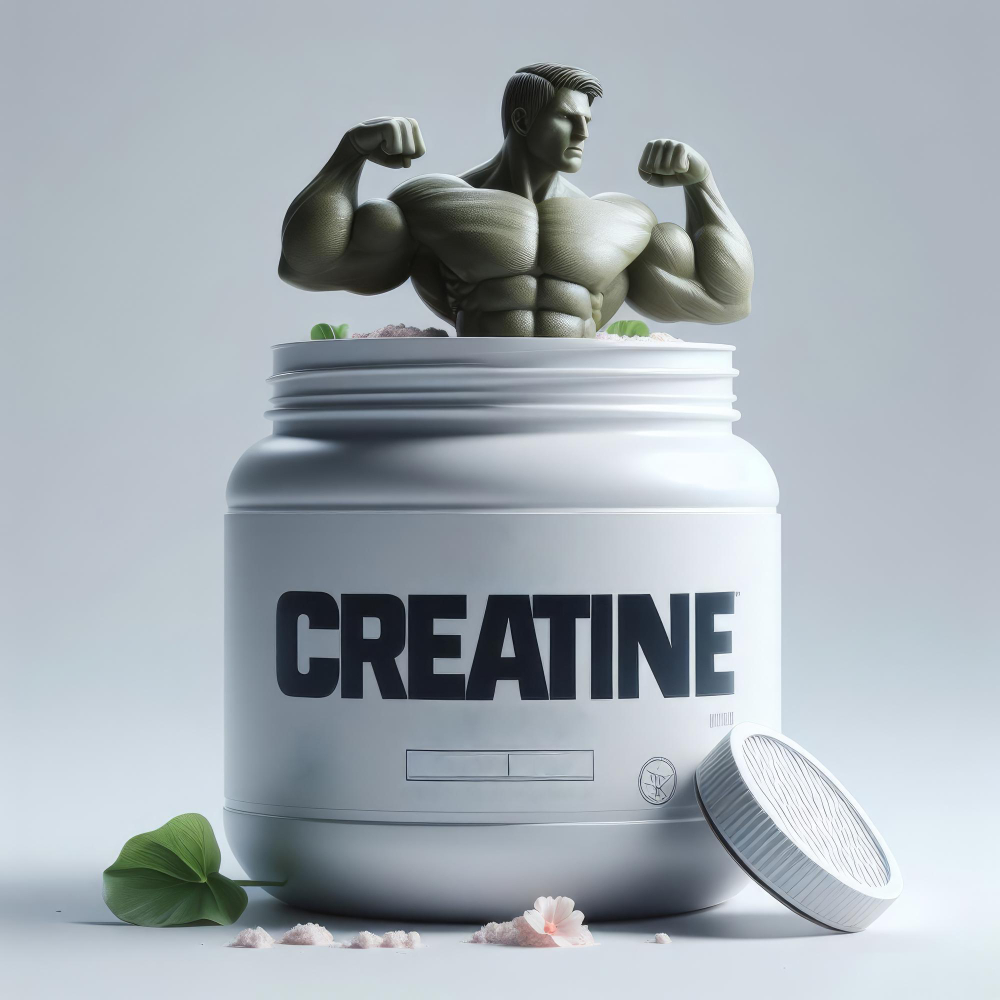
The ideal time to take creatine powder depends mainly on your specific goals and how you respond to this supplement. For example, if you want to maximize performance during training, it may be preferable to take your creatine before or during the session. If, on the other hand, you're primarily looking to promote recovery and muscle growth, then the time after exercise would be more suitable.
When to take creatine: summary
Differing opinions on the optimal time to take creatine reflect the fact that every individual and every situation is unique. Ultimately, the ideal time to consume this supplement will depend on personal preferences and constraints, as well as the muscle-building goals being pursued. So it's essential to listen to your body and adapt accordingly to get the most out of creatine.

